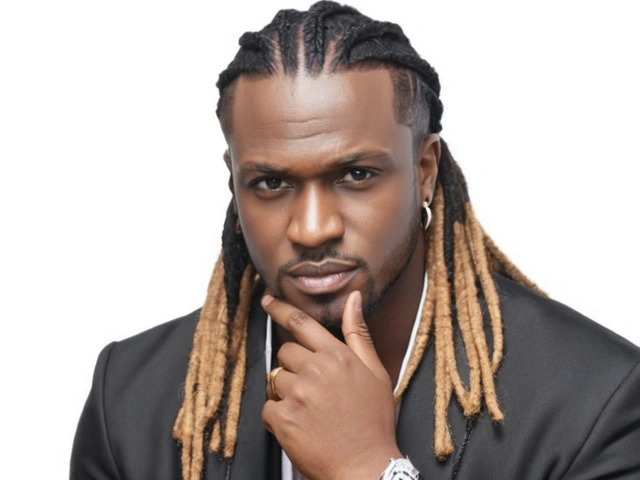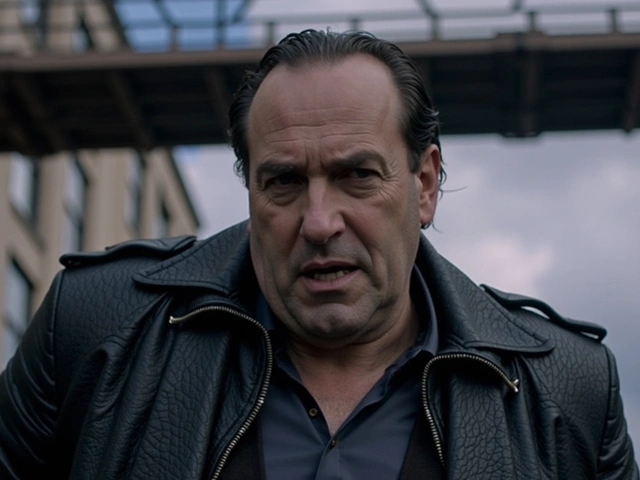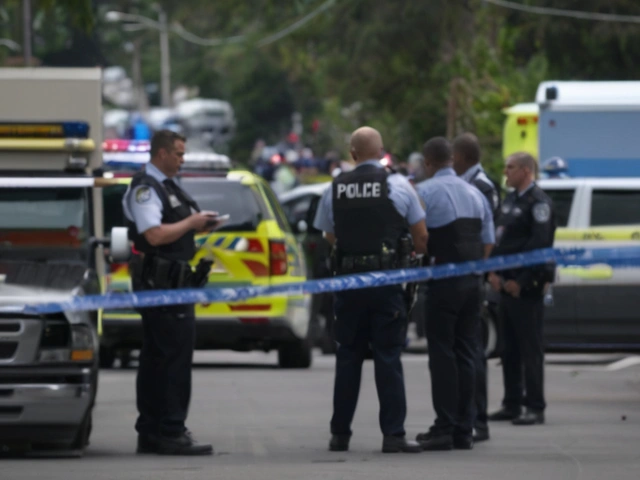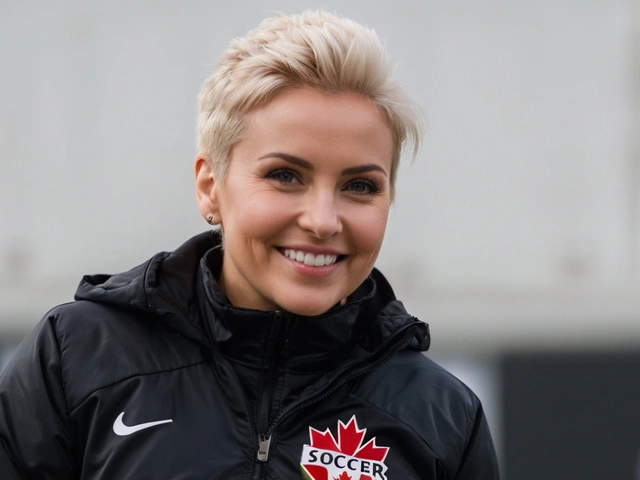Intimacy coordinator: what they do and why productions need one
Intimacy coordinators make intimate and simulated-sex scenes safe, clear and professional. They focus on consent, choreography and boundaries so actors can perform without confusion or harm. If your project includes any close physical contact, an intimacy coordinator helps everyone know what will happen, who agrees to what, and how to handle changes.
When to bring an intimacy coordinator
Bring one as early as pre-production. Ideally they join when scripts are locked so they can flag risky language and work with directors on staging. You don’t only need them for explicit scenes—any scene with sustained close contact, nudity, or vulnerable conversation benefits. Hiring late creates awkward rewrites and safety gaps; hiring early saves time and reduces legal risk.
How they work on set
On set, an intimacy coordinator leads clear consent conversations with actors, maps out precise choreography, and coordinates with camera operators and wardrobe. They create choreography the same way a fight director does: step-by-step moves, safe distances, and rehearsals. They also document agreements in writing and make sure those agreements are respected during filming.
They act as a neutral advocate for actors and production. That means if an actor feels uncomfortable, the coordinator negotiates changes without stopping work or causing drama. They also check on physical safety—coverings, camera angles, modesty garments—and mental well-being, suggesting breaks or support if a scene triggers strong emotion.
Training and standards vary, but look for coordinators with recognized credentials or membership in groups such as Intimacy Directors International or who follow SAG-AFTRA guidelines. Good coordinators can explain their methods, provide references, and share sample agreements.
Practical tips for producers and directors: budget for the coordinator, include them in script reads, and schedule time for rehearsal. For actors: read the choreography ahead of time, speak up about limits, and use the coordinator as your go-between with the director. Clear, early communication keeps shoots on schedule and actors comfortable.
Intimacy coordinators don’t direct the emotional content—directors do that. Coordinators handle the how, not the why. They won’t stifle creativity; instead, they translate creative ideas into safe, repeatable action that cameras can capture from the right angles.
If you need to find one, search industry directories or ask other productions for referrals. Check their experience with your project type (film, TV, stage) and confirm they provide written protocols, rehearsals, and on-set presence. A short pre-shoot meeting can answer most questions and set expectations.
Hiring an intimacy coordinator reduces risk, protects actors, and helps directors get the performance they want. Think of them as a safety and choreography specialist who keeps intimate scenes professional and respectful—good for people and for production.
Harris Dickinson Opens Up About Filming Intimate Scenes with Nicole Kidman for 'Babygirl'
By Sfiso Masuku On 24 Oct, 2024 Comments (8)
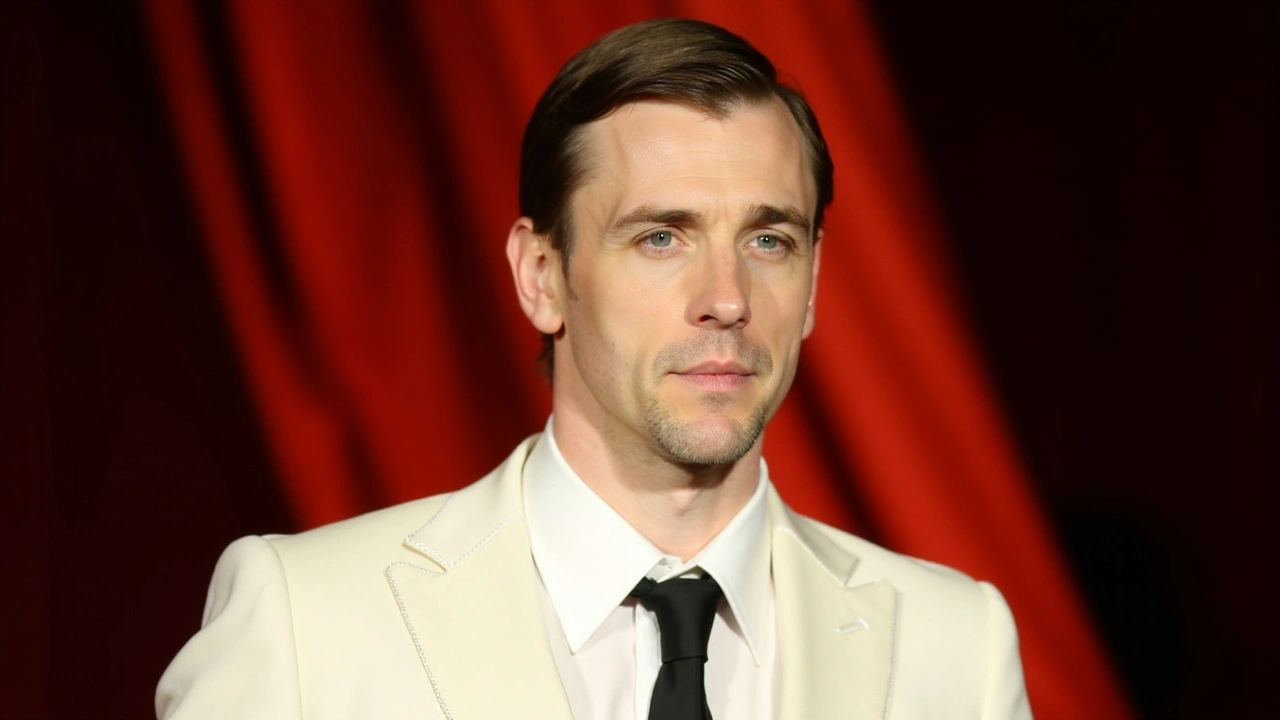
Harris Dickinson shares his experience filming intimate scenes with Nicole Kidman in the upcoming film 'Babygirl.' The film's depiction of a provocative storyline brought unique challenges, but with the assistance of an intimacy coordinator, Dickinson and Kidman navigated these scenes with care and professionalism. The movie promises both tension and artistry, with Kidman's performance already acclaimed at film festivals.
View More

